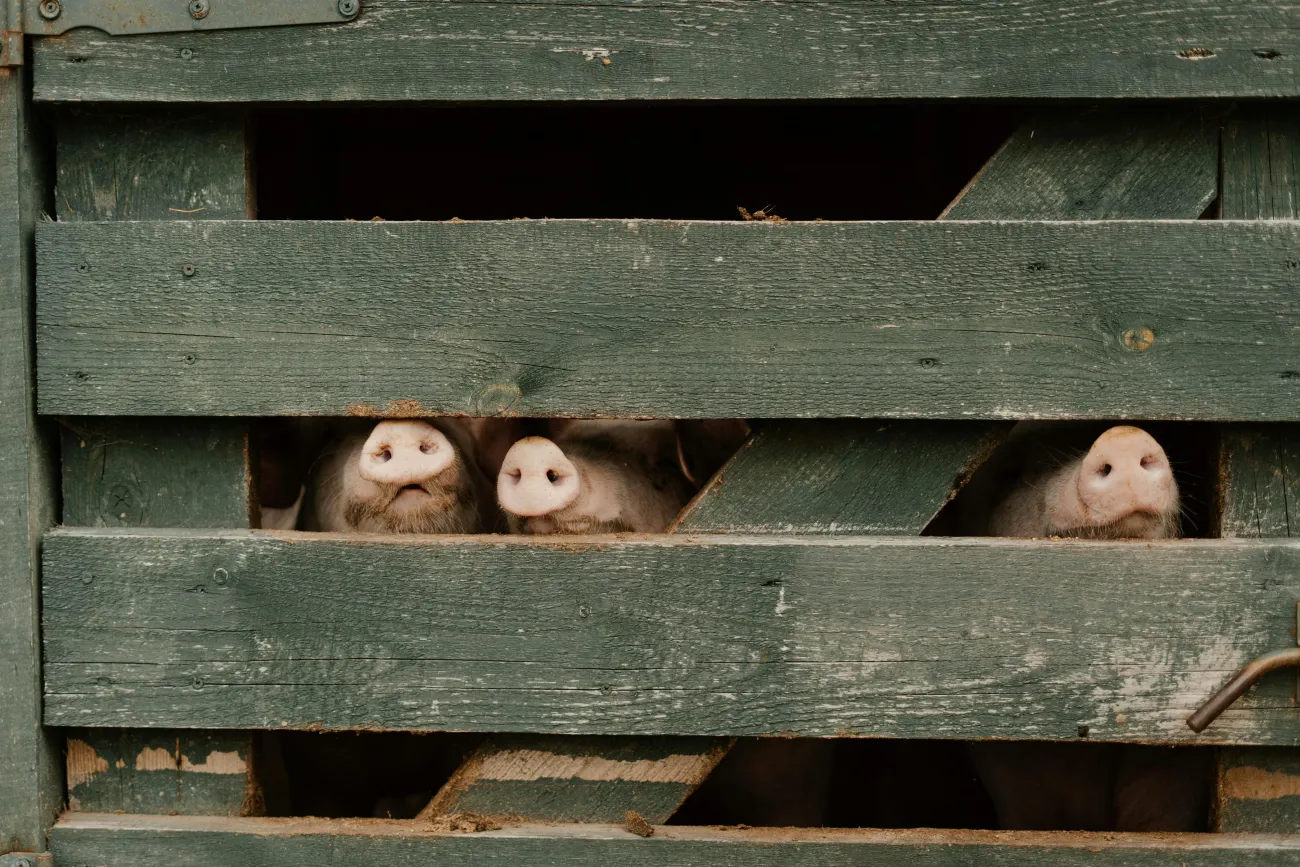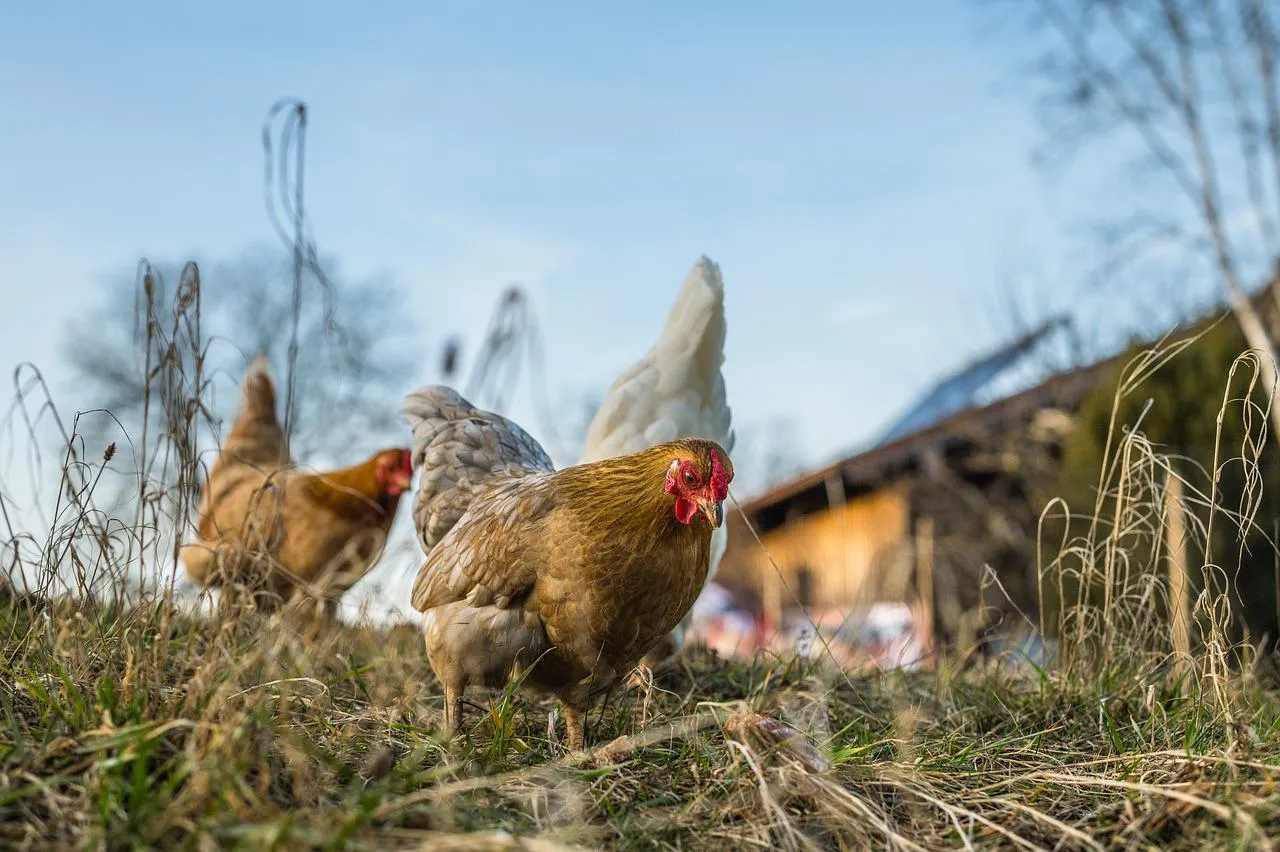Intensification refers to a process by which farming systems (for crops or livestock) are reorganised – often through the application of new technologies, economies of scale, and the use of additional inputs, such as nutrients, chemicals, energy and water – in order to produce more of a desired output (e.g. meat) while using less land, human labour, or capital. The result is that the costs of production for a given amount of food are reduced, thereby increasing profits through larger profits per unit of food, or by expanding total consumption through lower prices, enabling more people to buy more. Often, environmental impacts per unit of product are also reduced, but may be counterbalanced by increases in total production. The impacts of intensification processes on animal welfare, biodiversity, and other issues is also a widely held concern.

